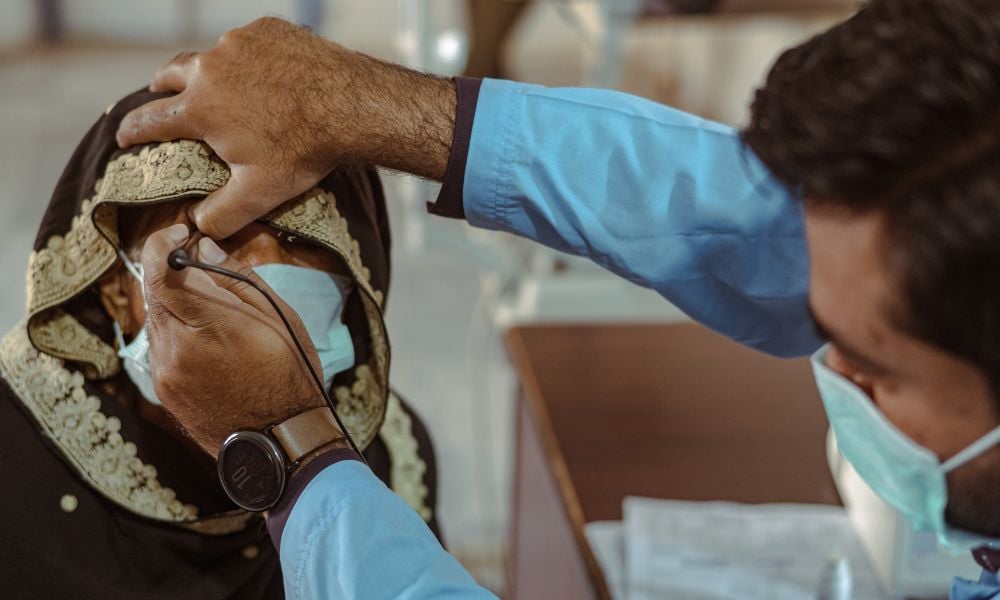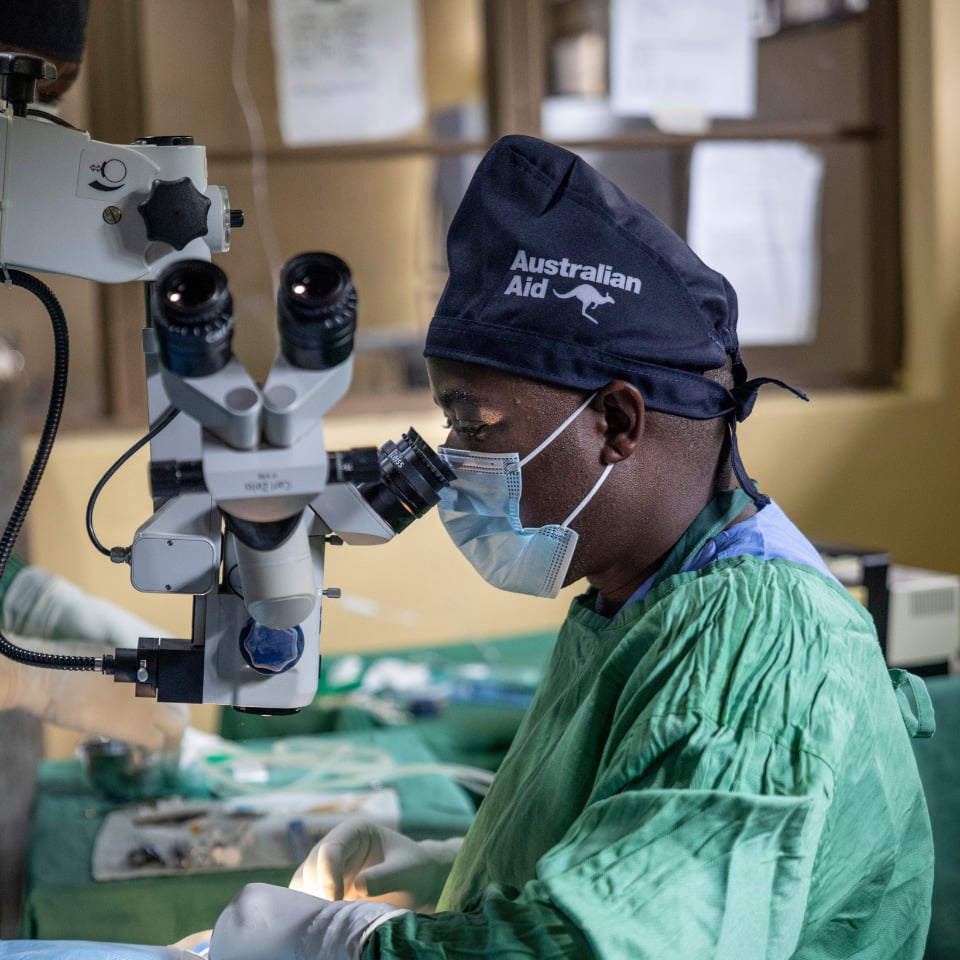Eye health
5 signs of cataract to look out for

Recognising early signs of cataract is vital for maintaining your eye health. If you experience any unusual changes in your eye health, it is recommended to consult an ophthalmologist/optometrist for a thorough eye examination. Early diagnosis and appropriate treatment, which may involve cataract surgery, can significantly improve your vision and overall quality of life.
In this blog, we will explore the warning symptoms/signs of cataract and how to recognise them, helping you to take proactive steps towards good eye health.
In this blog, we will explore the warning symptoms/signs of cataract and how to recognise them, helping you to take proactive steps towards good eye health.
In a hurry?
Click on the link below to go directly to what you’re most interested in:
- Changes in your vision
- Sensitivity to light
- Difficulty with night vision
- Colour distortion/perception abnormalities
- Frequent changes your glasses prescription
A common initial symptoms of cataract is a gradual decline in the clarity of your vision.
You may notice that your vision becomes increasingly blurred or hazy, as if you are looking through a cloudy lens. This blurriness may affect your ability to read, drive, or perform everyday tasks that require clear vision.
Double vision or seeing multiple images in one eye is another potential warning sign of cataracts. This phenomenon occurs because cataracts can interfere with the light passing through the lens, causing it to scatter and create duplicate images. If you experience double vision, it's crucial to seek a comprehensive eye examination to determine the underlying cause.
You may notice that your vision becomes increasingly blurred or hazy, as if you are looking through a cloudy lens. This blurriness may affect your ability to read, drive, or perform everyday tasks that require clear vision.
Double vision or seeing multiple images in one eye is another potential warning sign of cataracts. This phenomenon occurs because cataracts can interfere with the light passing through the lens, causing it to scatter and create duplicate images. If you experience double vision, it's crucial to seek a comprehensive eye examination to determine the underlying cause.
Sensitivity to light
Cataracts can cause heightened sensitivity to light. You might experience discomfort or glare from bright lights, sunlight, or oncoming headlights while driving at night. This sensitivity can be bothersome and lead to a decrease in your quality of vision and quality of life.

Photographer: The Fred Hollows Foundation
Difficulty with night vision
Cataracts often cause problems with night vision.
If you find it challenging to see in dimly lit environments or notice a significant increase in glare during nighttime activities, it could be a sign of cataracts. Driving at night can become particularly challenging and potentially dangerous due to reduced visibility and increasing glare.
If you find it challenging to see in dimly lit environments or notice a significant increase in glare during nighttime activities, it could be a sign of cataracts. Driving at night can become particularly challenging and potentially dangerous due to reduced visibility and increasing glare.
The development of cataracts can alter your perception of colors. You may notice that colors appear faded, yellowed, or less vibrant than before. This color distortion can make it challenging to distinguish between shades.
Cataracts can also affect your ability to discern contrast between objects, making it challenging to differentiate between shades of gray or objects of similar colors. This loss of contrast sensitivity can be particularly problematic in low-light conditions or when distinguishing between objects with subtle variations.
Cataracts can also affect your ability to discern contrast between objects, making it challenging to differentiate between shades of gray or objects of similar colors. This loss of contrast sensitivity can be particularly problematic in low-light conditions or when distinguishing between objects with subtle variations.

Photographer: The Fred Hollows Foundation
Frequent changes in eyeglass prescription
If you find yourself needing to update your eyeglass or contact lens prescription more frequently than before, it may indicate the presence of cataracts. As cataract progresses, they can cause changes in your refractive power, requiring adjustments to your corrective lenses.
COVER PHOTO: The Fred Hollows Foundation
DISCLAIMER:
The content on this page is not intended to be medical advice. For specific medical advice, please contact your health professional.
Meet the author
Related articles
View these articles

The eye doctor helping communities see again in Laos
Dr Senglar Laosern is transforming lives in northern Laos. From remote villages to the surgical ward, she and her team restore sight for children and adults with cataracts, giving independence and hope to those who need it most.

Taking eye care to potters in Bangladesh
Learn how The Fred Hollows Foundation is helping potters in Bangladesh protect their eyesight. From practical eye care tips to community awareness sessions, discover how we are safeguarding vision while supporting traditional crafts.

How we celebrated World Sight Day 2025: Promoting eye health around the globe
Thanks to you, thousands of people across the globe had their eyes checked, received glasses, and even regained their sight this World Sight Day.

